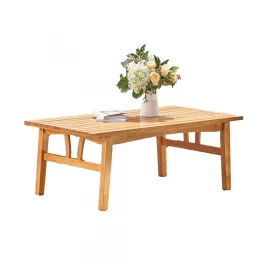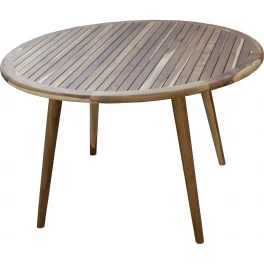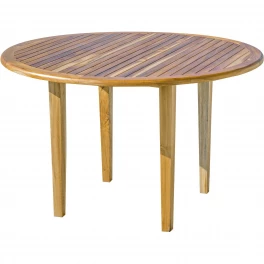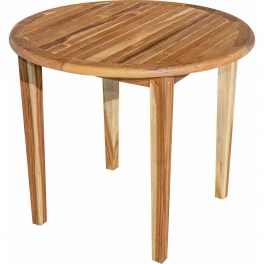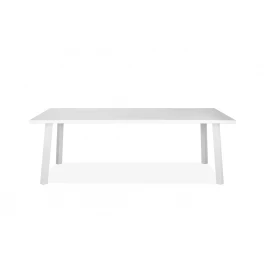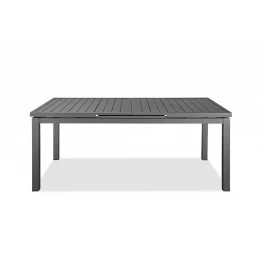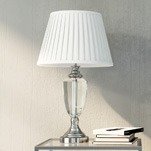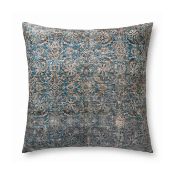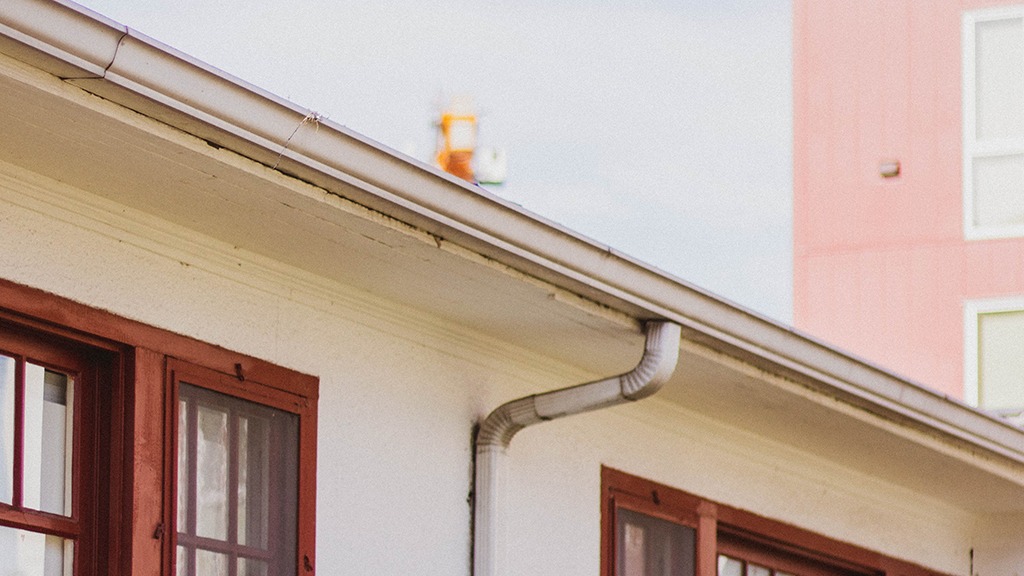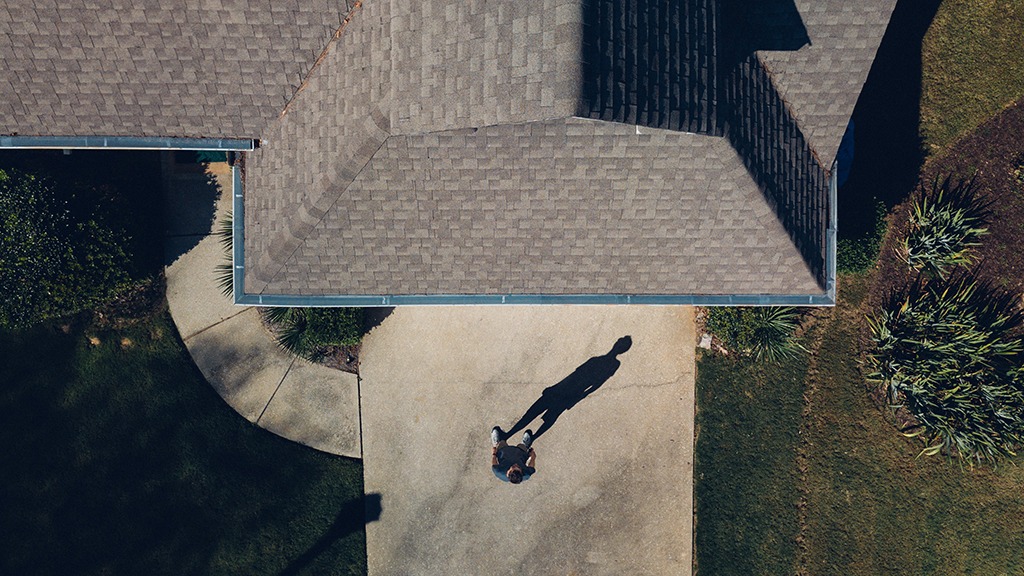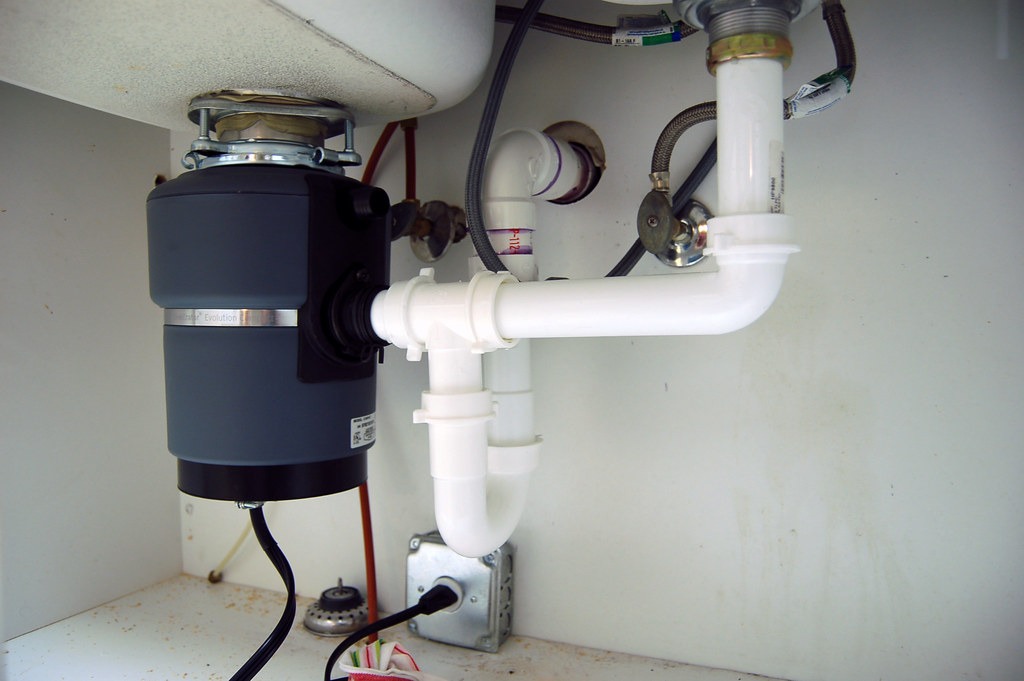It’s healthy for pets to spend time outdoors taking in the fresh air and getting some exercise. It’s therefore important to ensure that the products you use in your garden and lawn are entirely safe for your pets. The danger comes in the form of pets ingesting lawn and garden products that contain chemicals. They may also dig into compost piles and ingest their contents or consume flowers and plants that are poisonous.
Be on the Lookout for these Common Garden and Lawn Products
If you use cocoa bean mulch in your garden, you need to beware that their smell may attract dogs to eat them. Processed cocoa bean hulls may contain the chemical theobromine and caffeine in quantities that are difficult to determine. There are varieties with higher toxin levels that can bring on symptoms such as diarrhea, vomiting, seizures, hyperactivity, a heart rhythm that’s not normal and in severe cases, death. It’s best to determine how many toxins are in the mulch before using it or to keep a watchful eye on your pet when it’s near mulch.
Compost
Apart from mulch, compost is commonly used in gardens. However, it needs to used with care because it can be toxic to pets. When organic matter decomposes over time, mold grows on it, and it can make a pet sick. Ingestion of food with mold or decomposed compost can cause distress symptoms in just 30 minutes. It can bring on symptoms such as restlessness, panting, drooling, vomiting, seizures, and tremors. Immediate veterinary care is needed.

Photo by thka on Shutterstock
Pesticides, Fertilizers, and Soil Additives
Many fertilizers are not harmful to pets. However, those that contain blood meal, feather meal, bone meal, or iron, pose a danger to dogs who will eat them because they are tasty. If large quantities of products that contain meal are ingested, they can form a concretion in the stomach. This could cause obstructions in the gastrointestinal tract which could cause acute pancreatitis. Those that contain iron can cause iron poisoning.

Photo by Aleksey Kurguzov onShutterstock
Another potential hazard is pesticides and insecticides that contain organophosphate. This compound is commonly found in products made for systemic rose care. Even small amounts can be fatal.
Baits for Slugs & Snails
Snail and slug baits set in your garden can also harm your pets. Whether you’re using the liquid, powder, pellets or granular form, they have an active ingredient known as metaldehyde. This pesticide is highly toxic to cats and dogs. Within one or two hours of being ingested, it prompts clinical signs of poisoning. These include excessive salivating, shivering, restlessness, vomiting, seizures and life-threatening body temperature spikes. Pets that ingest these baits need emergency medical attention. Without it, the symptoms can worsen over time and cause death.

Photo by ND700 on Shutterstock
Potentially Fatal Plants and Flowers
Apart from garden and lawn products, some of the plants and flowers that are being tended to may pose a danger themselves. One such plant is Sago Palm. Its leaves, fronds, seeds, and nuts are very poisonous to dogs even in the smallest quantity. Only half of the dogs who ingest it survive, even with treatment.

Photo by Mila Demidova on Shutterstock
Lily of the Valley is also potentially dangerous because of cardiac glycosides which can cause diarrhea, vomiting, reduced heart rate, acute cardiac arrhythmias and seizures in cats and dogs. Crocus plants are also potentially dangerous. The spring one can only cause gastrointestinal upset with symptoms like diarrhea and vomiting in cats and dogs. However, the fall crocus is very toxic and can cause serious gastrointestinal bleeding and multi-system organ failure.
Finally, cat owners should keep on the lookout for varieties of the true lily family, including Easter, Tiger, Japanese Show, Daylilies, and Asiatic. All of them are highly toxic to cats.
If your pet seems unwell after coming from the garden, play it safe and go to the vet for a checkup. Your vet is also the best authority to advise you on which brands of garden and lawn products are safe for your pet.




